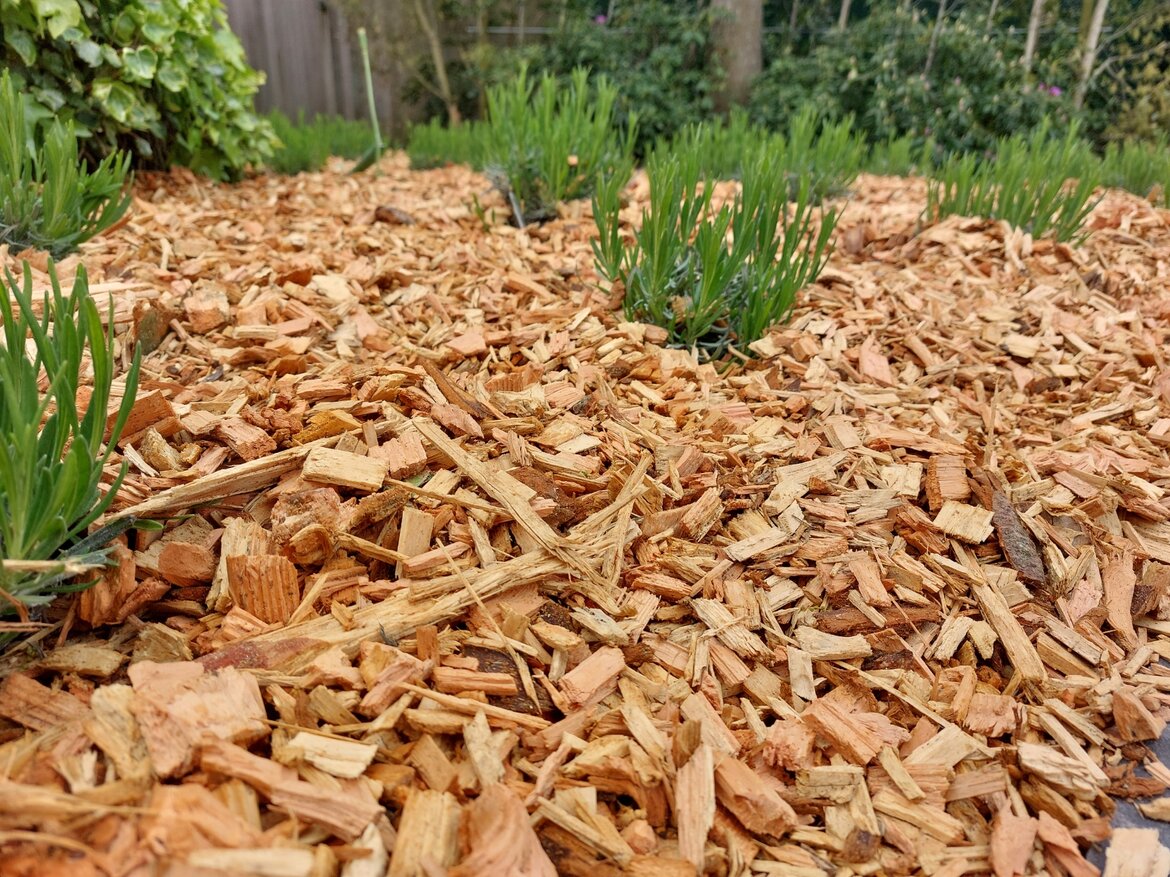"Ecological Gardening: How to Naturally and Effectively Control Weeds"

In a time where sustainability is becoming increasingly important, more and more people are choosing ecological gardening. Ecological gardening means managing your garden in a natural and environmentally friendly way, without the use of harmful chemicals. One of the biggest challenges for any gardener is controlling weeds, but with an ecological approach, you can keep weeds under control while promoting soil health and biodiversity. In this blog, we share tips and techniques for controlling weeds in an environmentally responsible way.
1. Why choose ecological gardening?
Ecological gardening means working with nature rather than against it. This ensures a healthy, resilient garden that contributes to biodiversity conservation, soil fertility, and a cleaner environment. Avoiding chemical pesticides is not only better for the environment but also for you, your family, and pets. By using natural methods, you ensure that your garden remains a safe place for insects, birds, and other wildlife.
2. The impact of weeds
Although weeds are often considered undesirable, they also have their role in nature. Some weeds attract beneficial insects and help cover the soil, preventing erosion. However, weeds in your garden can be problematic as they compete with your desired plants for nutrients and water. Therefore, it’s important to control weeds in an ecological way without disturbing the ecosystem of your garden.
3. Ecological methods to control weeds
There are several ways to naturally control weeds without the use of chemical herbicides. Here are some effective techniques:
-
Hand weeding: Hand weeding may be time-consuming, but it is the most effective and direct way to remove weeds. Pull weeds out by the roots to prevent them from returning. It’s best to weed after a rain shower when the soil is soft, and weeds come out more easily.
-
Mulching: Mulch is a layer of organic material such as wood chips, straw, leaves, or compost that you spread over the soil. Mulching not only helps retain moisture in the soil and keeps temperatures stable, but it also suppresses weed growth. Weeds need light to grow, and a thick layer of mulch deprives them of that light. Over time, mulch also improves soil structure as the organic material breaks down.
-
Weed burner: A weed burner is an effective and environmentally friendly way to remove weeds. This device uses heat to burn weeds without needing chemicals. It works especially well for persistent weeds between paving stones or on pathways.
-
Ground cover plants: Using ground covers and other fast-growing plants prevents weeds from getting a foothold. Plants like periwinkle, creeping thyme, and lady's mantle create a dense carpet and make it difficult for weeds to compete for sunlight and nutrients.
-
Old newspapers or cardboard: By placing layers of newspaper or cardboard on the ground and covering it with mulch, you block light and suffocate weeds. This is a cheap and effective way to clear large areas of weeds in your garden.
-
Companion planting: Some plants can help reduce weed growth by their density or the natural substances they release. Combining plants that complement each other can suppress weeds. For example, marigolds can deter certain grasses with their strong smell and root exudates.
4. Preventing weeds naturally
Ecological gardening is all about prevention, and that applies to weed control as well. Here are some tips to prevent weeds from taking over:
- Cover bare soil: Open, uncovered soil is an invitation for weeds. Using ground covers or mulch reduces the chance of weeds growing.
- Regular weeding: It’s easier to remove weeds when they are small. Make a habit of walking through your garden each week and pulling out emerging weeds right away.
- Use high-quality compost: Ensure that the compost you use in your garden is well-decomposed and free of weed seeds. Poor-quality compost can be a source of new weeds.
5. Avoid using chemical herbicides
While chemical herbicides may seem quick and effective, they have harmful effects on the environment, soil health, and the biodiversity in your garden. Herbicides can be toxic to beneficial insects, birds, and other animals. By choosing natural weed control methods, you create a healthier garden and a cleaner ecosystem.
Conclusion:
Ecological gardening is a sustainable and environmentally friendly way to enjoy your garden without using harmful chemicals. Weeds can be a challenge, but with the right prevention and natural control methods, you can effectively manage weeds while promoting biodiversity and soil health. Choose techniques like mulching, hand weeding, and ground covers to create a healthy and resilient garden that is both beautiful and ecologically responsible.
No comments found.





